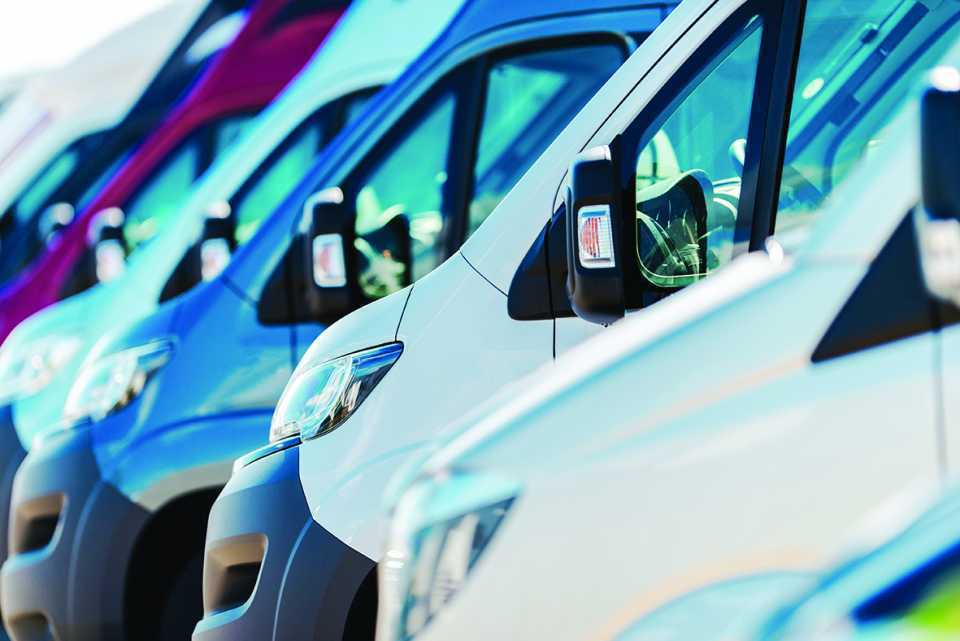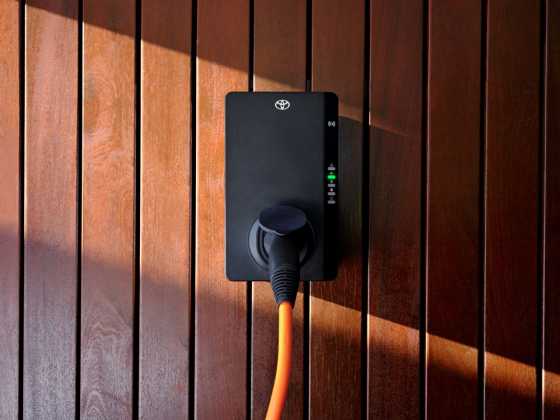Changes to 4.25 tonne electric van licensing rules

Following a government consultation, changes have been announced on the operation of heavier zero-emission vans, up to 4.25 tonnes.
This include the removal of the additional five-hour training requirement for drivers and the ability to to tow a vehicle and trailer combination up to 7,000kg maximum authorised mass (MAM).
In 2019, a special concession was created for electric vans allowing an individual with a standard B licence to be able to drive a light commercial vehicle up to 4.25 tonnes, due to the extra weight of the battery.
However, there has been confusion about whether additional operational requirements are still needed.
In acknowledgement of this, the DfT proposed changes to legislation, which are to remove the 5-hour training requirement, expand the legislation to all vehicles eligible to be driven on a standard licence, and allow drivers to use the flexibility to tow a trailer in line with the rules for other vehicles.
It also proposes to change the types of powertrains eligible for the licence flexibility, from alternatively-fuelled to zero emission vehicles only.
Gerry Keaney, chief executive of the British Vehicle Rental and Leasing Association (BVRLA), said: "Electric van users have bespoke needs and face too many barriers that are restricting adoption. Today’s announcement shows that the Government is listening.
"These changes will bring greater flexibility and support more van operators in making the switch to greener vehicles sooner.
"The BVRLA remains committed to driving more positive change in this space and has pushed for the MOT regime to consider similar flexibilities for heavier zero-emission vans.
"Our work with partner associations is accelerating to make sure all levels of Government understand the need for renewed focus on the transition to ZEV vans.”



